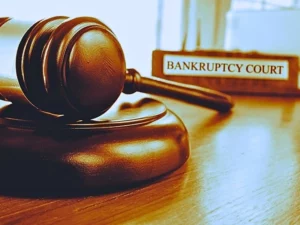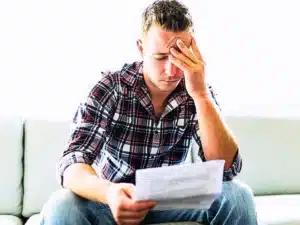Did the COVID-19 Crisis Drive You Bankrupt?
Filing for bankruptcy could be an option for individuals who have found themselves deep in debt because of loss of income related to the COVID-19 crisis. However, those who may already be in payment plans for Chapter 13 may not be able to make their required monthly payments.
Economic Impact of COVID-19
These are unprecedented times. Businesses have shut down either voluntarily or by government mandate to help stop the spread of COVID-19. Small business owners can find themselves falling into debt from loss of revenue. While some workers can work from home, many more cannot, including tourism, restaurant, and casino employees. With many workers already living paycheck-to-paycheck, any loss of income is a hardship.
Some creditors may be understanding because of the extraordinary circumstances of this crisis. But there may be some that continue to go after debtors by threatening to file lawsuits, repossess property, or trying to seize or garnish what little money may be coming in. Filing for bankruptcy can stop the threats and harassment and help people get back on track by initiating an automatic stay that remains in place if a case is not dismissed.
COVID-19’s Impact on Bankruptcy Protection
An individual who is already under a Chapter 13 payment plan is still required to make their monthly payments to their trustee. A gap in income could make it difficult to stay on track with these payments whose amounts were calculated from the individual’s normal monthly income. If payment is not made, the trustee could request that the plan be dismissed. To avoid this situation, it is crucial for someone whose income has changed to consult with their bankruptcy lawyer if they know they cannot abide by their payment plan.
COVID-19 has opened all types of challenges for everyone involved in the bankruptcy system. Individuals who have previously filed, but not yet finalized their Chapter 13 plans can expect to experience delays. Despite the delays in hearings and 341 meetings, the court will keep automatic stays in effect. Debtors still need to abide with all deadlines that have been set in their cases. When in doubt, they should consult with their lawyers.
The bankruptcy courts are still open but working with limited staff or staff that is working remotely. Therefore, there are delays in processing filing documents and both hearings and 341 meetings are being conducted telephonically or being rescheduled. It is important that individuals respond to any court notices in the mail and frequently check with the court’s website for any changes in court dates or status.





